by Diamond Hardiman, News Voices: Colorado Organizer
Journalists and journalism institutions are rethinking how they center the needs and desires of communities of color. But there is still a long history of disinvestment and harm that newsrooms must address to repair their relationships with Latino/a/x, Black and Indigenous communities.
Here in Colorado, that history has found new light in recent weeks. Journalist Lori Lizarraga reported in a column that over the past year, 9News let go three Latina reporters, including herself, and the management ignored the concerns of Latino/a/x journalists. Meanwhile, Denver Post employees made public calls to action for their newsroom to improve its policies and interactions concerning marginalized communities. These public instances of organizing and radical truth-telling are not isolated instances, anomalies or confined to one or two newsrooms. These events exist in a long history of Latino/a/x Coloradans struggling and resisting against media institutions that did not allow them to be portrayed in their wholeness.
That’s why on April 9, News Voices: Colorado, Colorado Media Project and the Colorado News Collaborative (COLab) hosted Latinx Voices: The Past as Prologue. It was a conversation moderated by Tina Griego, editor, reporter and coach with COLab, with guests Polly Baca — COLab board member, Colorado’s Women’s Hall of Fame inductee, media champion and first woman of color elected to the Colorado State Senate — and Nita Gonzales, a nationally recognized activist, educator and civil-rights leader.
Continue reading Diamond’s blog post on the Free Press website, including the five takeaways from the session here.
In their own words: Comments & questions from the event
Tina Griego: This is not just about two newsrooms, and this is not just about two weeks. A long history informs our present, and the question is how we move forward in a healthier relationship for the future that is more than transactional, and more than extractive.
Polly Baca: The media has a responsibility to reflect and respond to our community. And a growing part of our democracy is communities of color. It’s critical that those communities are represented in all parts of our democracy. If they are shut out, that’s when there are problems. The media needs to be a part of including those communities as part of our future – as part of the valid voices in our democracy.
Nita Gonzalez: As a Chicana growing up in the crusade for justice, we didn’t enjoy a relationship with media that told the story from our lens and our history. If you were an activist marching in the streets against injustice and discrimination – we were demonized. People lost jobs because we stood up. We saw media as a part of the oppressive system, as part of the colonization of our people.
Moe Clark/Colorado Newsline: Our strategy for training is to throw you in the ocean and see if you can swim. There needs to be some very deep introspection from leaders in this industry, to understand. I feel like there’s a lot of conversation where reporters are asking newsroom leaders to just listen. Many aren’t to a place where they can hear. I wish there were a way for that to change.
Helen Thorpe/Author: I’ve been teaching my class about reporting when you don’t have lived experience, versus writing when you do have lived experience —comparing the different narratives it produces. There’s got to be some future where people can have more ownership of their own subjectivity. Right now there’s this idea of false objectivity, and the only people who own objectivity are white.
Armando Martin/XL Edge: Media will be irrelevant without integrating the point of view of the emerging majority. This is true with all organizations.
Scott Sawyer/SJS Communications: Tina, I relied so much on you as a white reader. What kind of pressure did you feel as one of the only Latinx reporters at the Rocky (and Post), to represent all newsworthy stories — a truly impossible job?
Jenny Brundin/Colorado Public Radio: Given the fragmented nature of media and communities right now, do you think there is sufficient organizing power within Latino/Chicano communities in all their diversity to push media outlets improve coverage? I’m curious as to what may be happening now.
Sen. Julie Gonzalez: Nita, you mentioned the boycott of RMN back in the day, and I am curious to learn more of your and Polly’s thoughts regarding withholding stories as a tactic? For my part, in light of recent events with 9News, I am choosing to instead speak with reporters and outlets who reflect the diversity of community both in the newsrooms as well as in the types of stories they tell.


